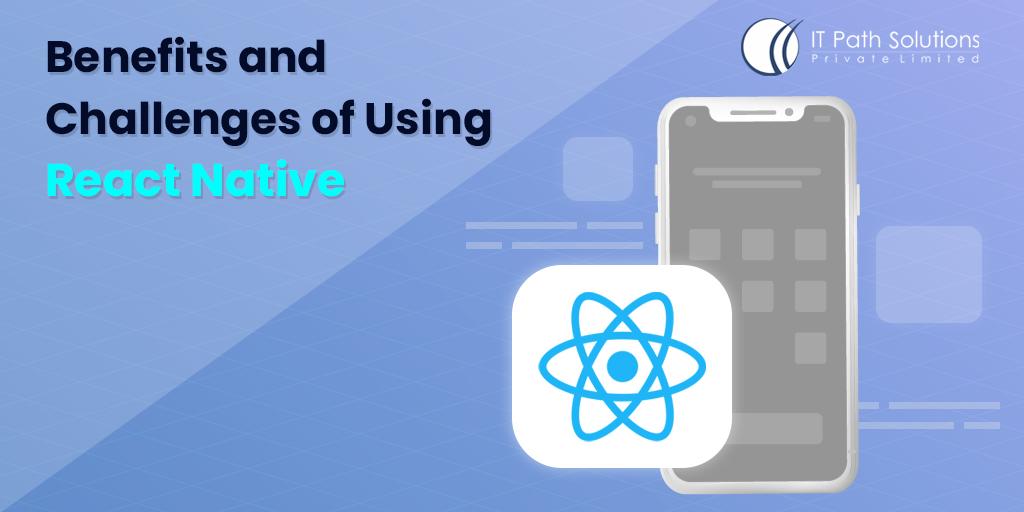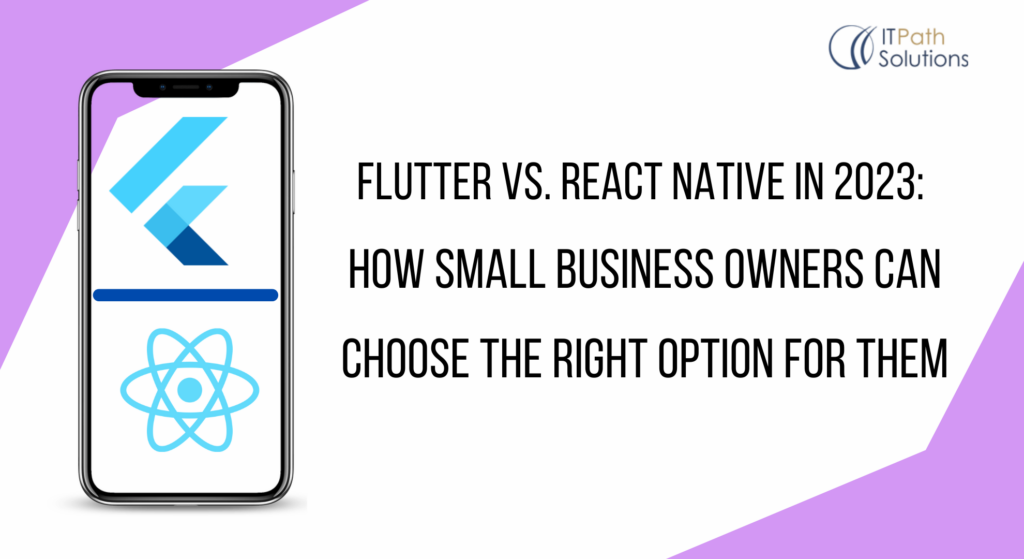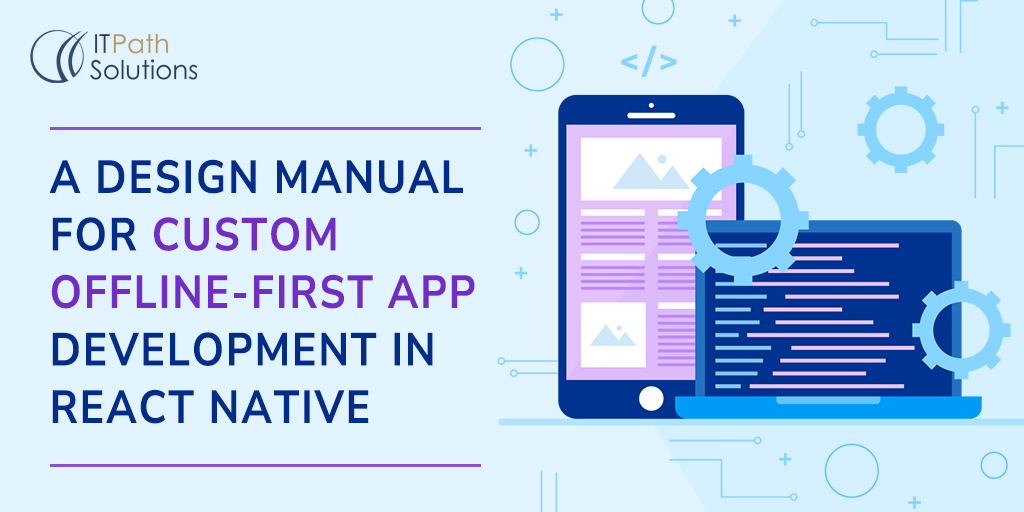Benefits and Challenges of Using React Native
React Native
React Native is a robust framework that is being backed by an active community ready to help and provide updates on all the latest in React Native. The increased abilities offered by React native also makes it that developers are preferring it as their go to language.
There are many reasons why React native may be preferred over other languages. In this article, we try to look at the reasons why React Native may be preferred, why it may prove to be a disadvantage and why developers make these common mistakes when undertaking React Native Development.
Benefits of React Native
Here are the major benefits of React Native app development.
Easier Adaption Due To Javascript
As Javascript is one of the first languages most developers learn, they have an easier time adopting to React Native as its Javascript based framework is quite familiar.
Build Native Like Apps
React Native allows developers to use native elements and provide a native like feel by using platform specific indicators like activity indicator.
Quick Installs
The React Native framework can be installed using the Node package manager. Developers well versed in javascript can download and install it easily.
Productivity Increase
Developers can quickly adapt to Javascript based code and can use and IDE or text editor. This flexibility can allow developers to quickly setup and start coding.
Community Backed Development
When a developer needs an answer he can refer to the massive community of React Native developers who might have already encountered the issue and have solved it. This aspect of React Native allows developers to solve development challenges quickly and develop more robust applications.
Cross Platform
React Native can be used to develop apps for mobile phones, TVs, AR/VR headsets and desktop and smart watches. React Native is truly platform independent.

While the benefits are huge, there are challenges to React Native app development.
Challenges of React Native App Development
Native Development Needs
While Javascript makes adaptation easier, for hard computations and major development related coding, native developers of React Native are needed.
Limitations in Increasing Functionality
There are limitations in React Native with the abstract layer such as with identifying and rectifying bugs, third party services and libraries dependence and dependency on implementing custom designs.
No Parallel Processing
React Native framework doesn’t support parallel processing which poses development challenges for developers looking for that functionality in the app.
Harder iOS Deployment
Testing on iOS is difficult and requires Apple’s proprietary Testflight. Unlike Android where the deployment and testing is much much easier.
Common Mistakes When Using React Native
Estimation Errors
As developers are estimating for multiple devices and platforms they can make mistakes while estimating as they will need to configure the app and dedicated components of the app for multiple platforms. This creates confusion as components to be used could be unique or reusable.
Correctly configuring the database requirements so that it responds well to requests from all platforms is also a challenge.
Improper Redux Store Planning
Redux helps in correct storage of data and helps in debugging app states when needed. It is a handy tool to manage app data when needed but it is not suitable for small app projects as it will require long lines of coding.
Not Analyzing External Codes
By analyzing external codes, developers can make sure that the code matches the app code being written and there aren’t adaptability issues with the code.
Mutation of State in Render Function
React Native constantly compares new object sate from the datastore and compared to the previous state using setState() function. Each new state is merged with the previous state for consistency and data integrity.
Any discrepancy due to coding in the states could create a cascade of mutated states and lifecycle is disrupted which can lead to app crashing or bugs and errors and delivering an unmanageable code.
Not Removing Console.log Statements from Code
Console.log statements can help you debug the app but if you leave the statements inside the code then you risk creating a slow buggy app.
Not Optimizing Images
Ideally developers should resize the images and host it in a cloud server for faster loading and delivery.
Using Too Many Renders
Using too many renders can slow down the app. Renders should be used wisely and judiciously.
Conclusion
React Native provides truly native features that can be used by developers for developing truly cross platform apps. If you are looking to develop a robust React native app do drop us a line below.
 Healthcare
Healthcare  Education
Education  Real Estate
Real Estate  Logistic
Logistic  Fitness
Fitness  Tourism
Tourism  Travel
Travel  Banking
Banking  Media
Media  E-commerce
E-commerce 

